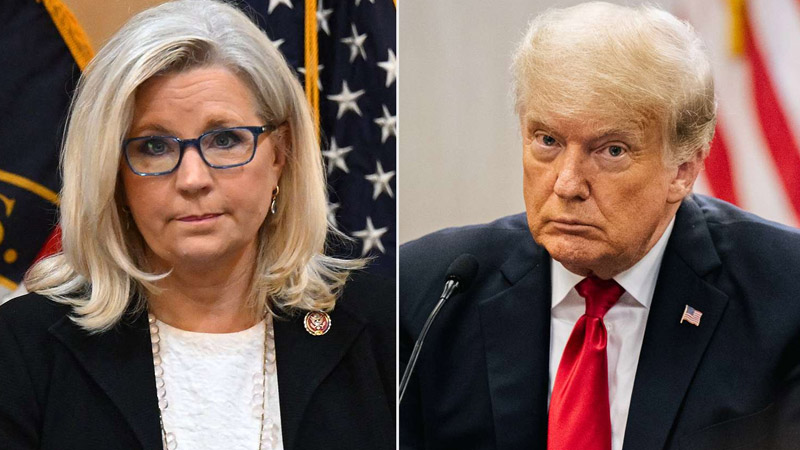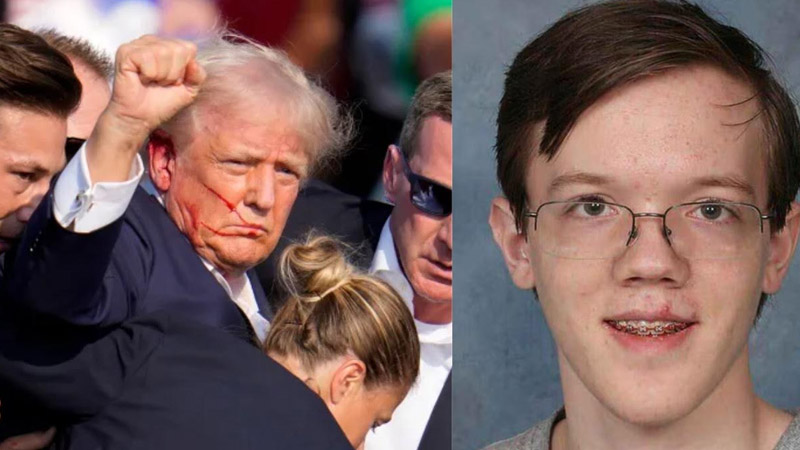Trump Casino’s Secret About Black Employees Revealed by Former Employee Kip Brown

Photo: Manuel Balce Centa/AP
An article published by The New Yorker on August 31, 2015, shed light on concerning practices at Donald Trump’s Atlantic City casinos in the 1980s. According to former employee Kip Brown, black staff members were systematically removed from the casino floor whenever Trump and his then-wife Ivana visited.
Brown, who worked at what was then Trump’s Castle, now the Golden Nugget, remembered being ordered to the back during these visits. Complex reports that it’s unclear whether this directive came directly from Trump or was a decision by casino management, but it contributes to a broader narrative of racial discrimination associated with Trump.
This incident is not isolated in Trump’s history. John O’Donnell, a former executive at Trump Plaza Casino, recounted in his memoir Trump’s alleged discomfort with black accountants, quoting Trump as saying, “Black guys counting my money! I hate it.”
Trump’s alleged discriminatory practices date back to his early career. In the 1970s, the Trump Management Corporation, then led by 26-year-old Donald Trump, was sued by the Department of Justice under Richard Nixon’s administration for racial discrimination in housing. The lawsuit accused the company of refusing to rent to black tenants and using deceptive methods to exclude them. The case was settled without an admission of guilt.
Trump’s contentious racial history extends beyond the corporate sphere into public incidents. Notably, after the Central Park Five case, where five black and Latino teenagers were wrongfully convicted of assault, Trump called for the reinstatement of the death penalty in 1989 through newspaper ads. Despite their exoneration in 2002, Trump maintained his stance, echoing themes of white law and order, as per The Guardian.
Further controversy surrounded Trump with the birtherism conspiracy, where he questioned President Barack Obama’s birthplace, fueling racially charged debates. Although Trump eventually acknowledged Obama’s long-form birth certificate, his involvement in this conspiracy demonstrated a readiness to leverage racial tensions.
Trump’s 2016 presidential campaign further amplified concerns about his approach to race. His advocacy for a Muslim immigration ban and derogatory comments about Mexican immigrants highlighted a campaign often marked by racially inflammatory rhetoric.
Trump’s hesitance to denounce white supremacists after the Charlottesville clashes, and reported derogatory comments about Haitian and Nigerian immigrants, have been seen as further evidence of his racial bias. These instances collectively paint a picture of a public figure whose career and public life have been marred by numerous allegations and instances of racial insensitivity and discrimination.


